“People power“ – a delicate balancing act
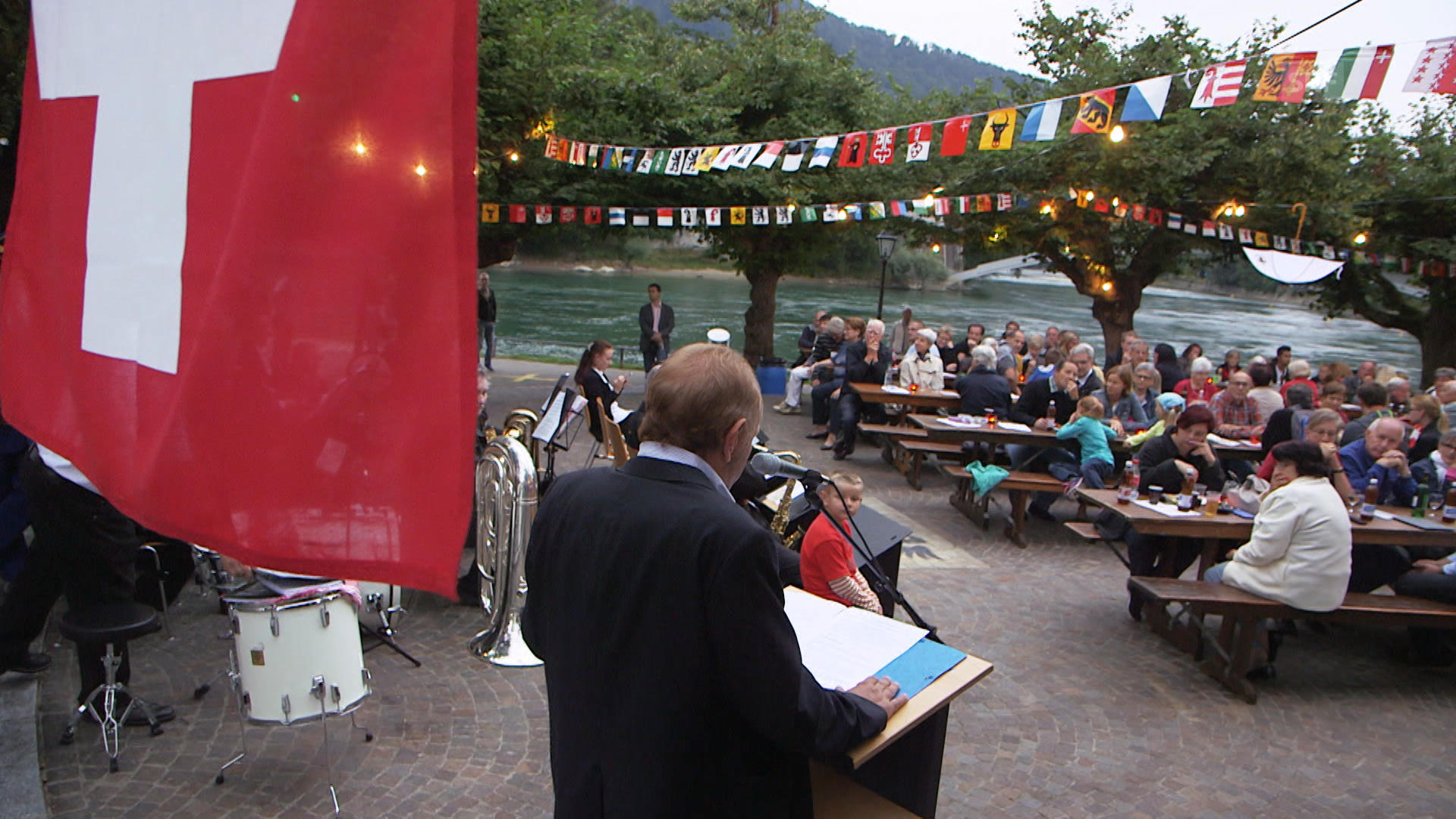
The Trump election, Brexit, populism, rightwing nationalism – democracies around the world have been facing serious challenges in the past year.
Where does that leave Switzerland, which is often praised as a leading light in terms of democracy? This is a question that Karin Bauer from Swiss public television SRF tries to answer in her film ‘The Power of the People’, which you can now watch in English on swissinfo.ch.
This article is part of #DearDemocracy, a platform on direct democracy issues, by swissinfo.ch.
What is more important in Switzerland? The will of the people or human rights? Voters will have to answer this question when they vote on the ‘Swiss law over foreign judges’ people’s initiative.
The conservative right Swiss People’s Party-backed initiative – for which no vote date has yet been set – wants to amend the constitution to ensure that Swiss law takes precedence over international law. But opponents view it as an attack on human rights and international law.
The People’s Party denies this, saying that legal certainty would in fact be strengthened because the relationship between international and national law would be made clearer.
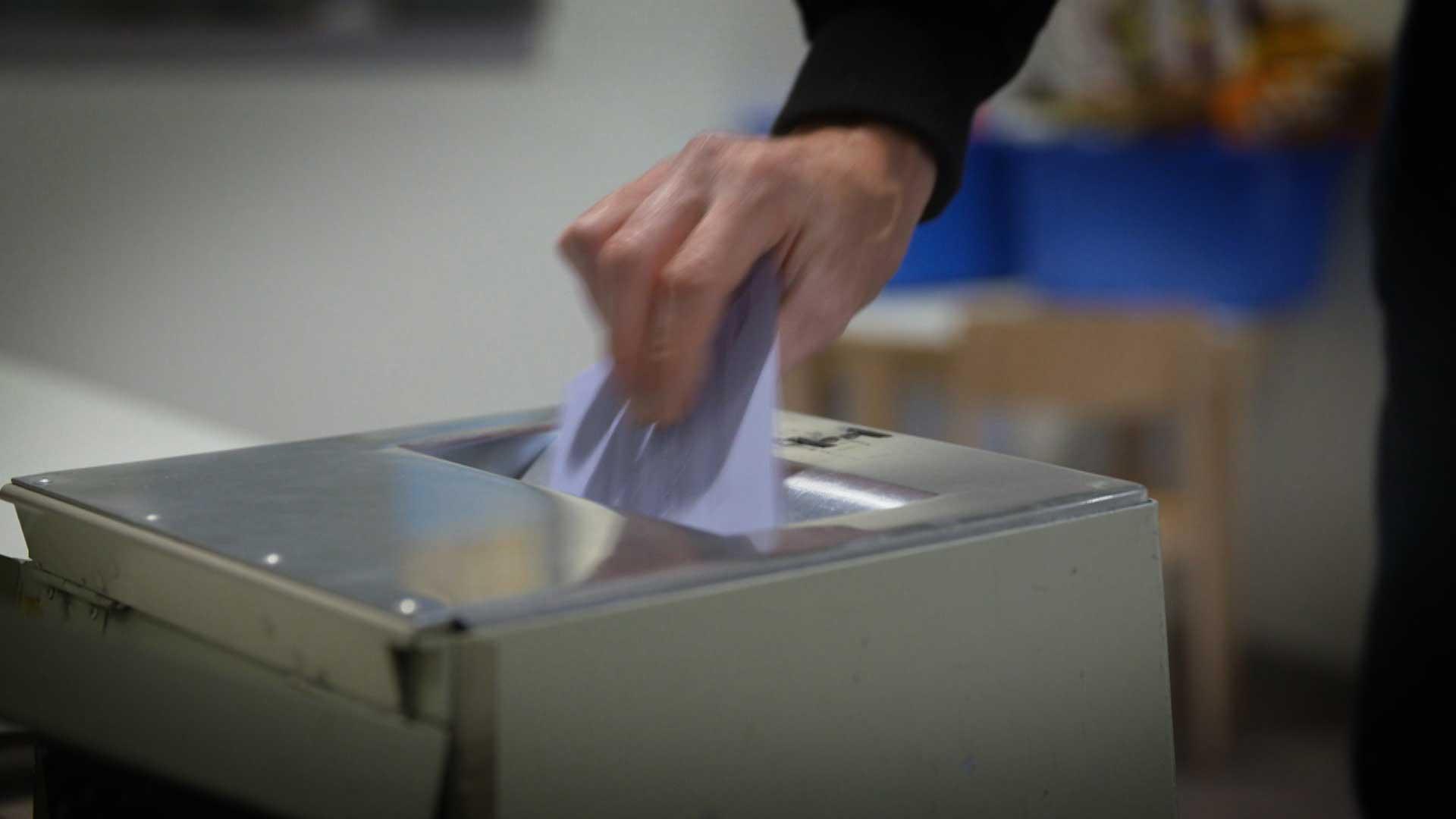
More
The power of the people
Two young women, two opinions
Bauer features two young women in her film. They both love their country but both see direct democracy as under threat – even if it is for different reasons.
For Martina Bircher, a 31-year-old business economist and local People’s Party politician, it is wrong that initiatives that have been voted in by the people are not carried out by the government. “You feel like you’ve been taken for a ride,” she says.
But Simone Knittel, a 26-year-old journalism student, with no party political affiliation, worries about the People’s Party potentially infringing human rights with its initiatives.
As for Helen Keller, a Swiss judge at the European Court of Human Rights in Strasbourg, “the people aren’t always the wisest. The people are mostly very emotional,” she says.
The People’s Party has already had a go at fundamental rights in other, earlier initiatives, like the minaret ban of 2009, which was accepted by voters, and the deportation of criminal foreigners initiative which was thrown out in 2016.
Of course international law was only set down because states were too weak on their own to guarantee human rights, as shown by the terrible events of the two world wars of the last century.
So given that direct democracy Switzerland keeps on testing its limits, can we say in which direction the country is headed? ‘The Power of the People’ tries to find the answers to one of the most controversial questions of our times.
What direction should Switzerland go? Let us know what you think.
Adapted from German by Isobel Leybold-Johnson

In compliance with the JTI standards
More: SWI swissinfo.ch certified by the Journalism Trust Initiative
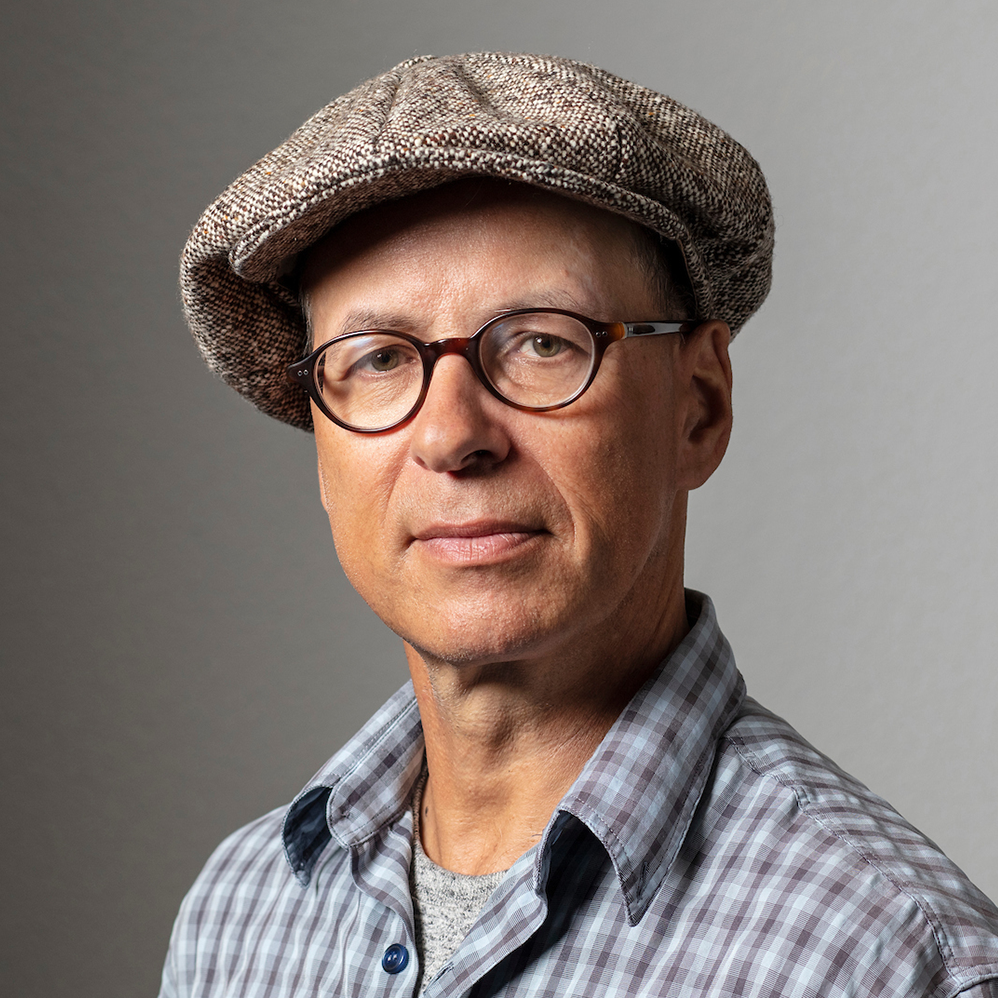
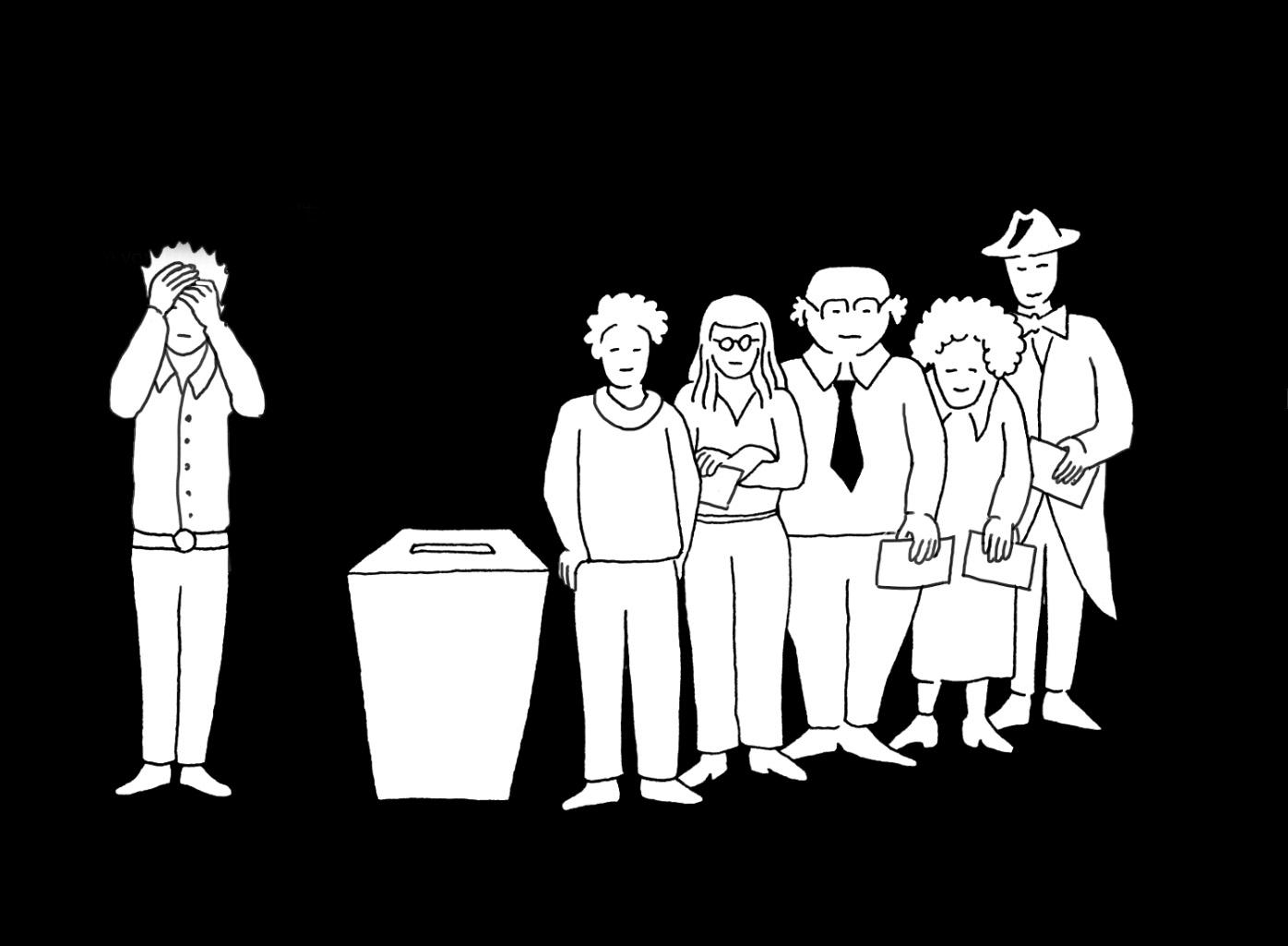
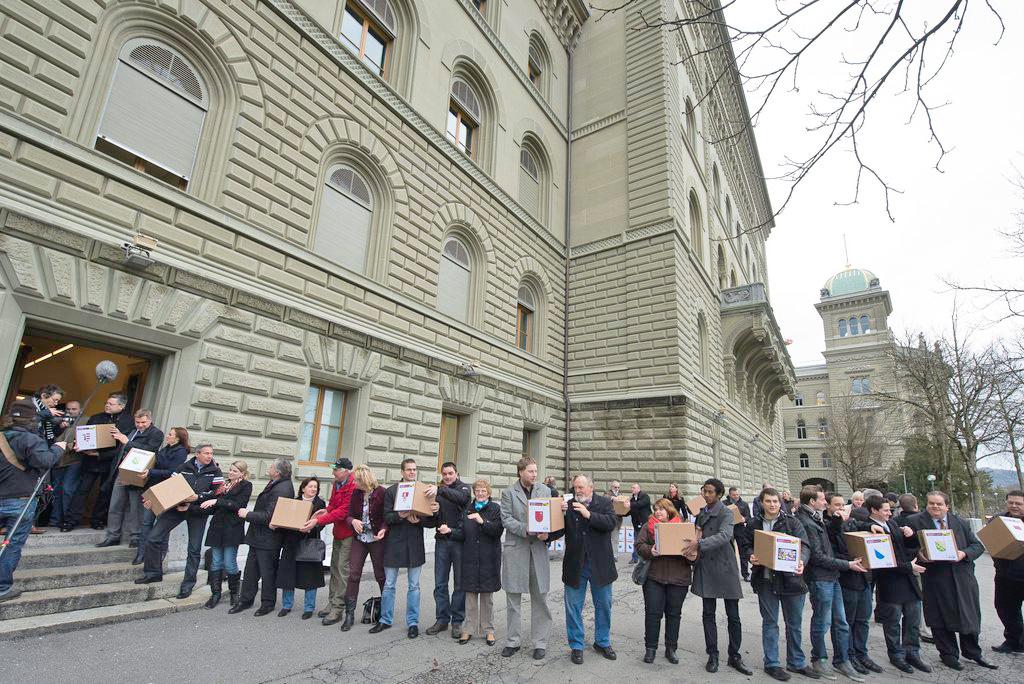
You can find an overview of ongoing debates with our journalists here. Please join us!
If you want to start a conversation about a topic raised in this article or want to report factual errors, email us at english@swissinfo.ch.